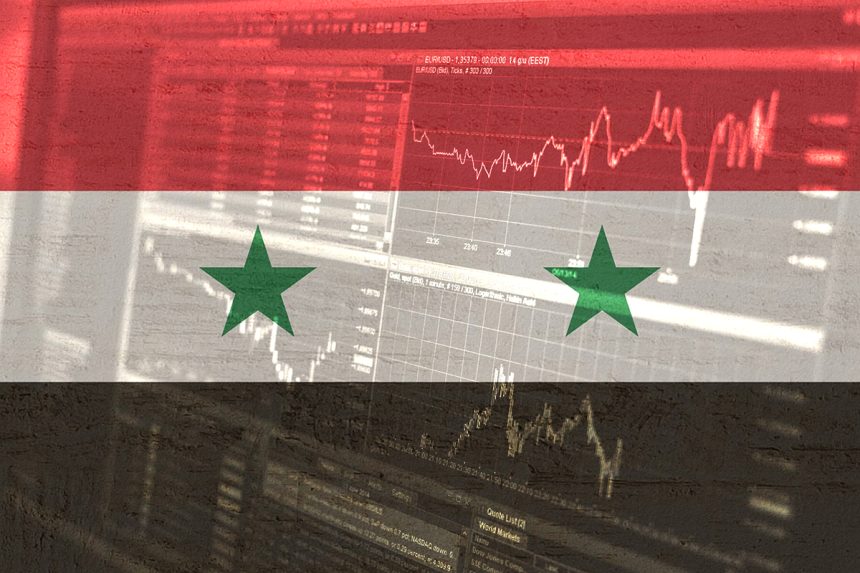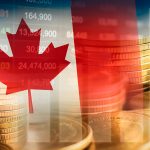Syria is set to open its economy to foreign investment, marking a significant shift in the country’s economic strategy. Foreign Minister Asaad Hassan al-Shibani announced the decision during the World Economic Forum in Davos, highlighting the country’s diverse economic resources and its ambition to attract international investors across multiple sectors, including industry and tourism.
As part of this economic push, Syria is actively working on energy and electricity agreements with Gulf states. In early January, Shibani visited Saudi Arabia, the United Arab Emirates, and Qatar, strengthening diplomatic ties and discussing potential cooperation. One of the key developments from these discussions is Qatar’s commitment to providing Syria with an initial supply of 200 megawatts of electricity. This supply is expected to increase gradually, offering much-needed relief to Syria’s energy sector, which has been struggling due to years of conflict and infrastructure damage.
Beyond economic revitalization, Syria is also preparing for a political transition that aims to reshape its governance structure. A committee will be established to draft a new constitution, following a national dialogue that seeks to include representatives from all segments of society. The process is expected to be a crucial step toward stability, as Syria works to rebuild and restore its sovereignty after years of conflict.
International attention remains focused on Syria’s transition, with the United Nations supporting efforts for a political framework that includes constitutional reforms and free and fair elections. The approach is intended to be Syrian-led and owned, ensuring that the nation retains control over its future governance while also addressing concerns about representation and legitimacy.
The issue of international sanctions also remains at the forefront of Syria’s diplomatic efforts. Both Shibani and UN Syria envoy Geir Pedersen reiterated the call for lifting sanctions, arguing that economic restrictions have hampered Syria’s recovery and rebuilding process. Sanctions have severely impacted trade, investment, and reconstruction efforts, making economic revival a challenging task for the Syrian government.
Syria’s renewed engagement with Gulf nations signals a broader attempt to reintegrate into regional economic and political networks. With commitments for energy support and potential investment opportunities, the country is positioning itself for gradual economic recovery. However, challenges remain, particularly in ensuring a stable political transition, securing further international cooperation, and addressing ongoing humanitarian and economic difficulties.
As Syria moves forward with its plans, the success of its economic and political strategies will depend on effective implementation, sustained diplomatic engagement, and the ability to navigate complex regional and international dynamics.





